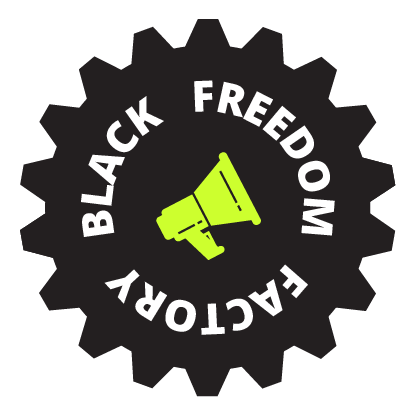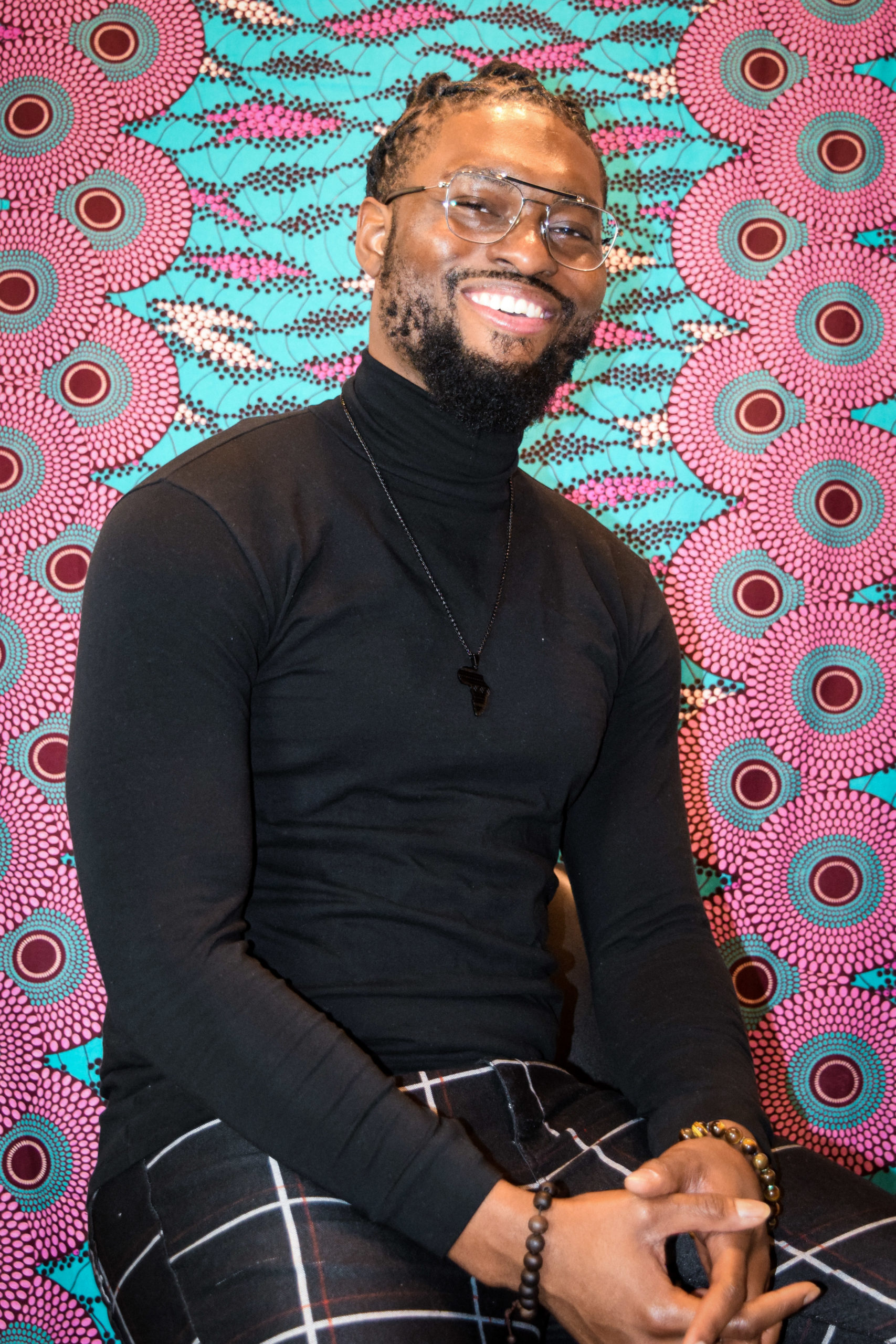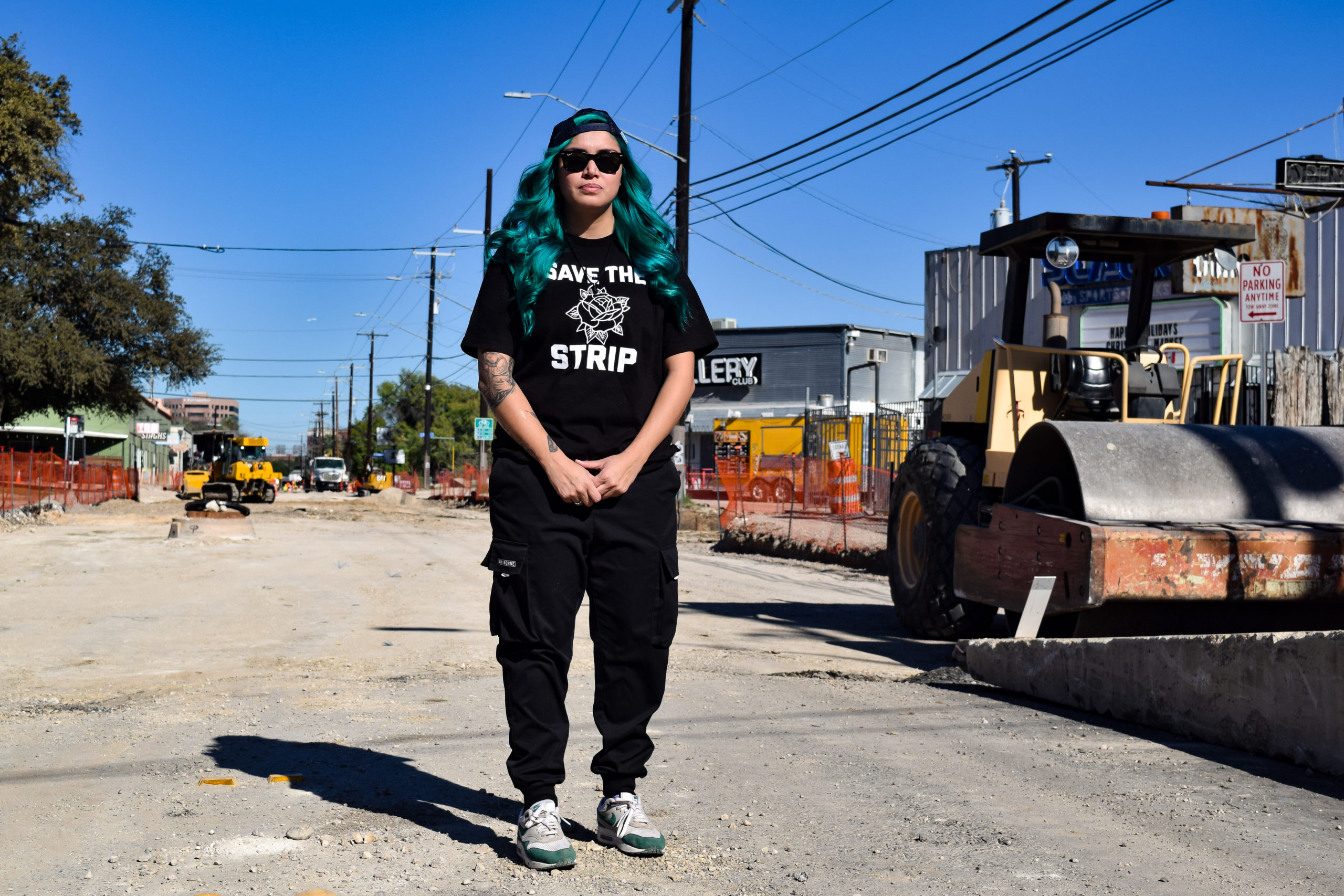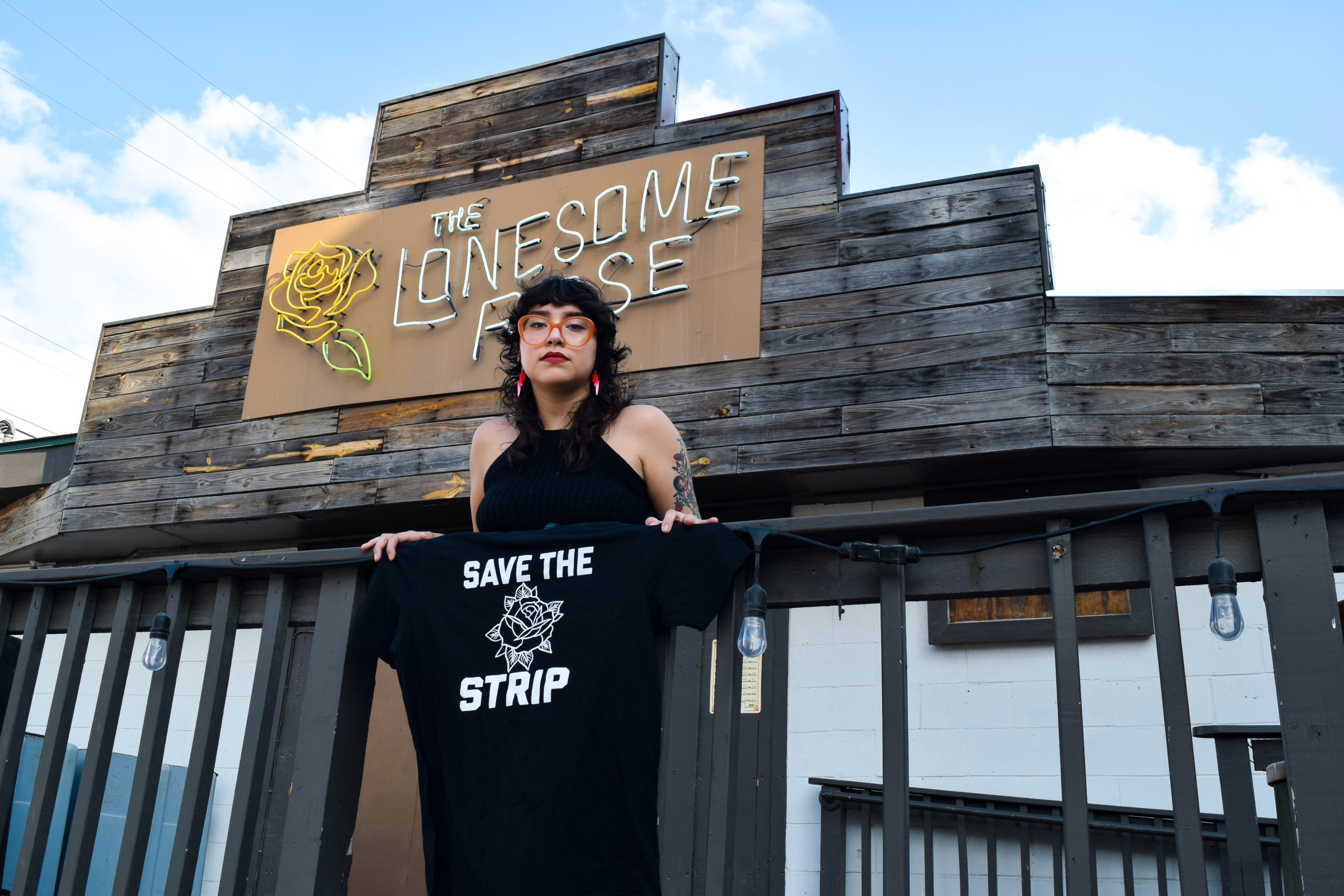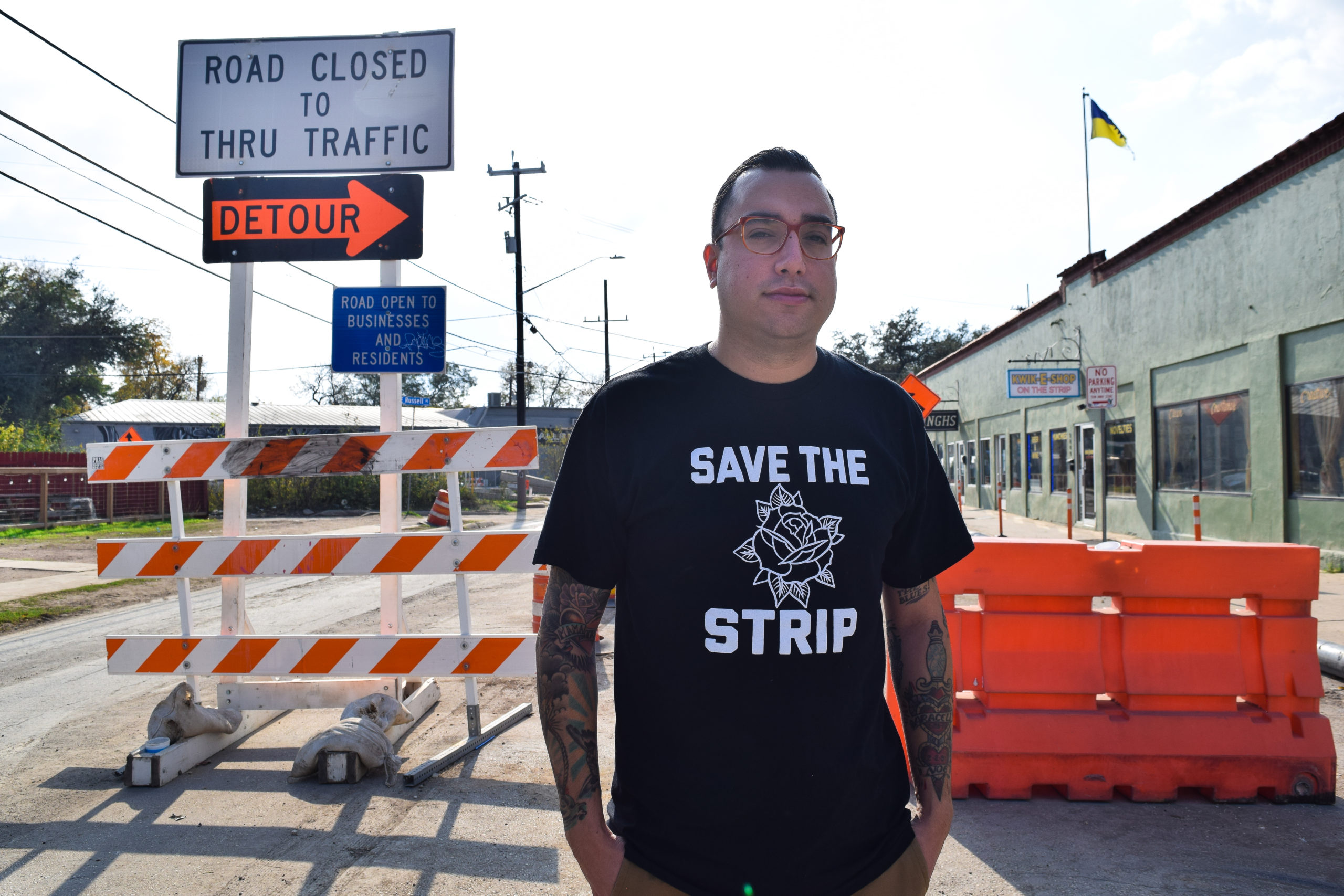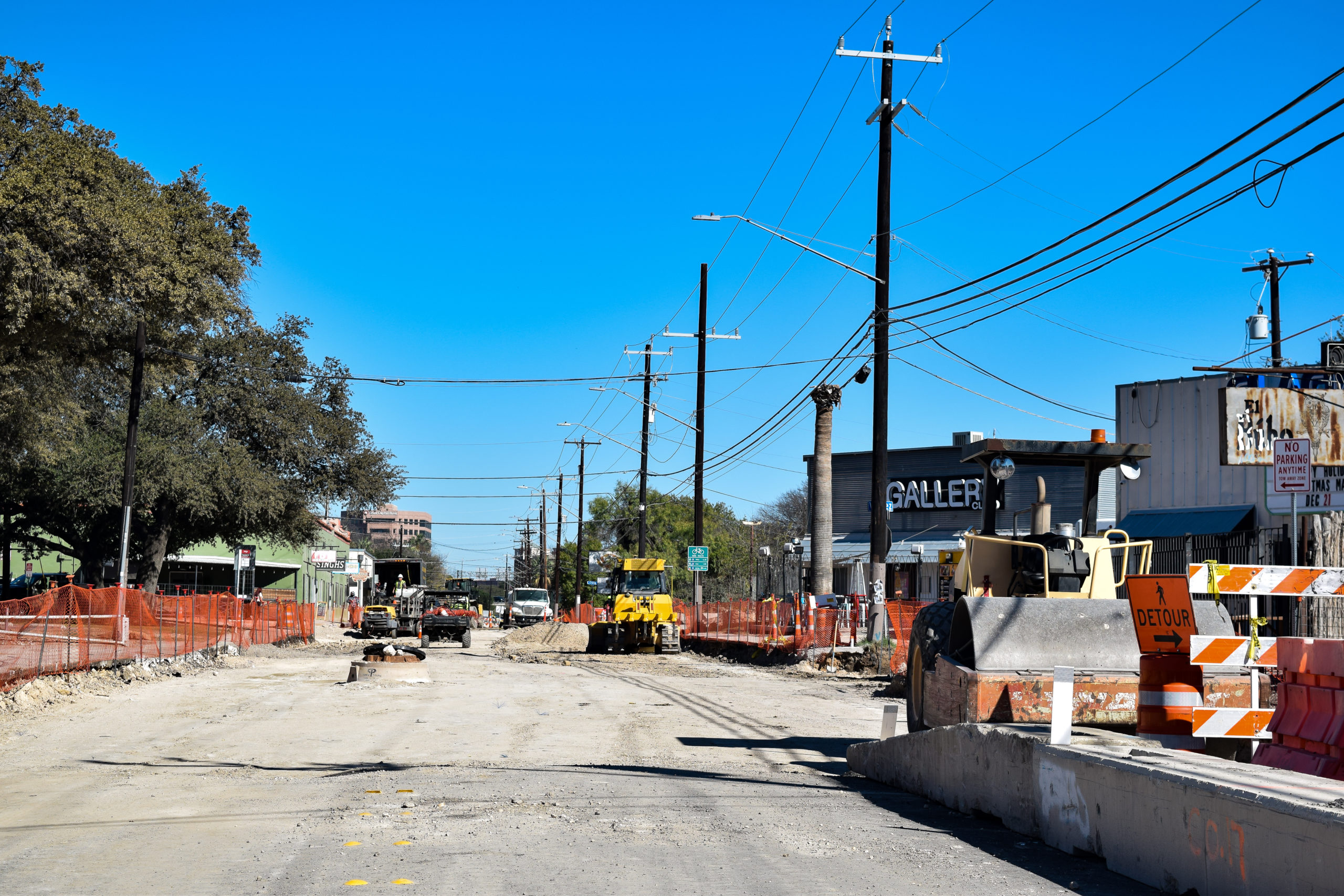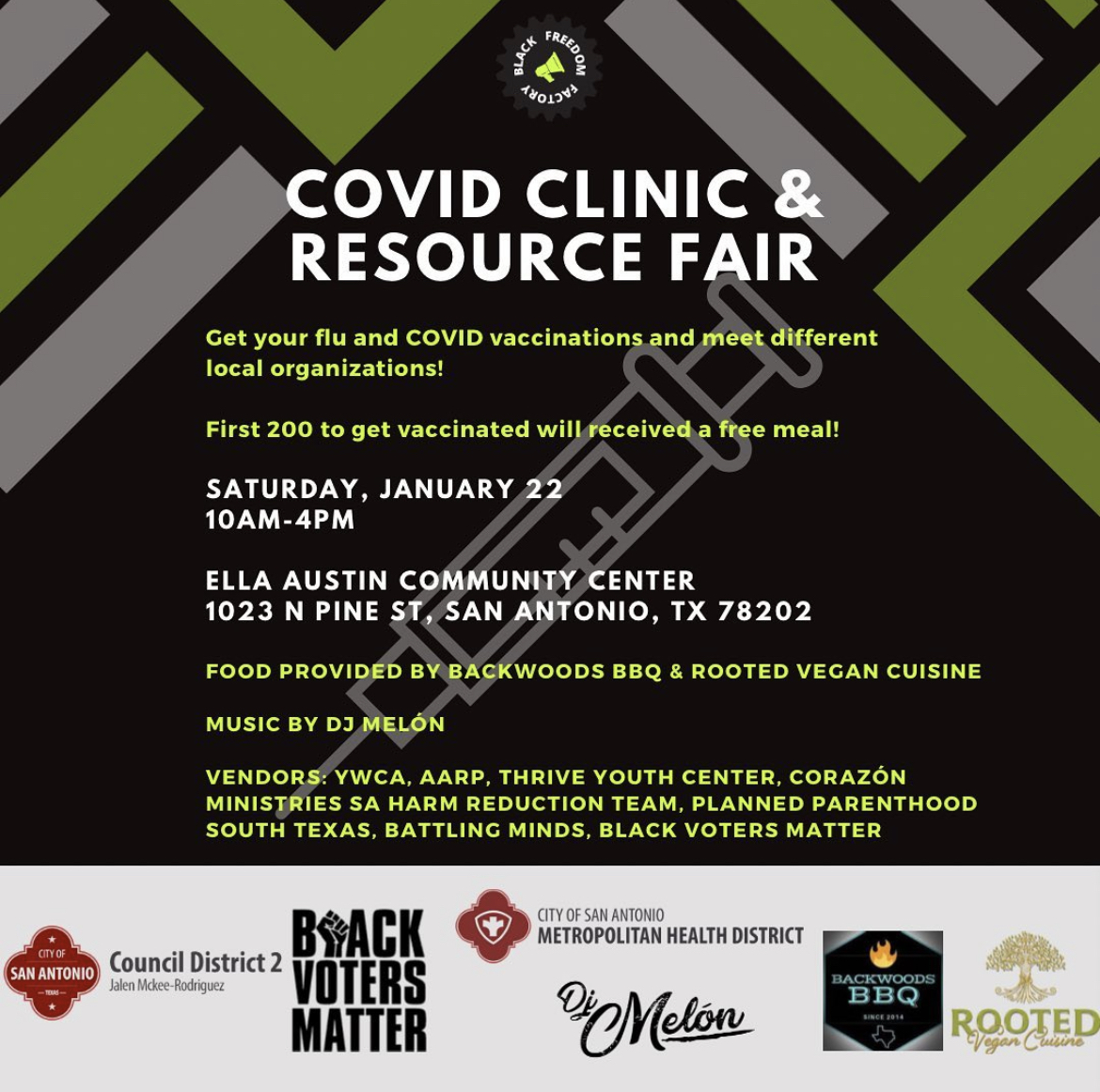The Redefining Professionalism series exists to amplify the diverse, individual experiences of entrepreneurs in the Boardroom across the city.
Black Freedom Factory recognizes the importance and contribution of Immigrants to the very foundation of the United States of America. The term ‘Melting Pot’ gives little credence to the hard work, plethora of cultures and history that immigration has created for the future of diversity and equity. Nonetheless, Xenophobia, Racism and otherness are still obstacles that immigrants face when migrating to America.
Meet Uchennaya Ogba – COO/ Co-Founder of EHCÜ Public Relations, Boardmember of Alamo City Black Chamber of Commerce, Secretary of the San Antonio Association of Black Journalist, Founding member of the Black and Brown Initiative San Antonio. Uchennaya Ogba is also one of many entrepreneurs in the City that have beaten racial-odds. Originally from Lagos, Nigeria – born and raised, he discusses his heritage from Abia State – Igbo, as well as his experience with racism upon migrating to the United States for an education.

When did you arrive in the United States and what was your experience with that?
“I arrived in the summer of 2005 – when I first immigrated here for college at Trinity University. At first I didn’t recognize when people were racist towards me, because I grew up in a country of prodominately Black people. And now looking back at other conversations and the way that I was treated, there were alot of people that were biased. Or racist towards me. They didn’t think that I was intelligent or smart.”
Can you think of a specific instance when you experienced racism in America?
“Two weeks into college, myself and the other international students at Trinity were all in the lounge area and a student walked in. She began to inquire about who we are, where we’ve been. She turns to me – the only Black person, and says ‘Wow, you’re so well spoken!’ That then turned into questions like, ‘How did you get into Trinity?’ and ‘Did you grow up in huts?’ – and that was my first real understanding of racism. I had to go through a series of confirmation answers to tell her that I was there on a scholarship and even shared my SAT scores to feel like I belonged. And at that exact moment, I didn’t see it as racism – I felt like I needed to validate myself. But looking back now, that was a very racist conversation.
I was later asked by a friend if I was okay – and my response was, ‘It’s okay. I get this all the time.’
This kind of treatment still occurs today – I went to the store yesterday with Christian – we went there on four different occasions and have been treated with racist undertones on each occasion. Questions about our ability to pay, if we paid for the things we purchased, assumptions about our price range. And it was strange – I had nice sneakers on and I looked nice so it was strange to be profiled.”
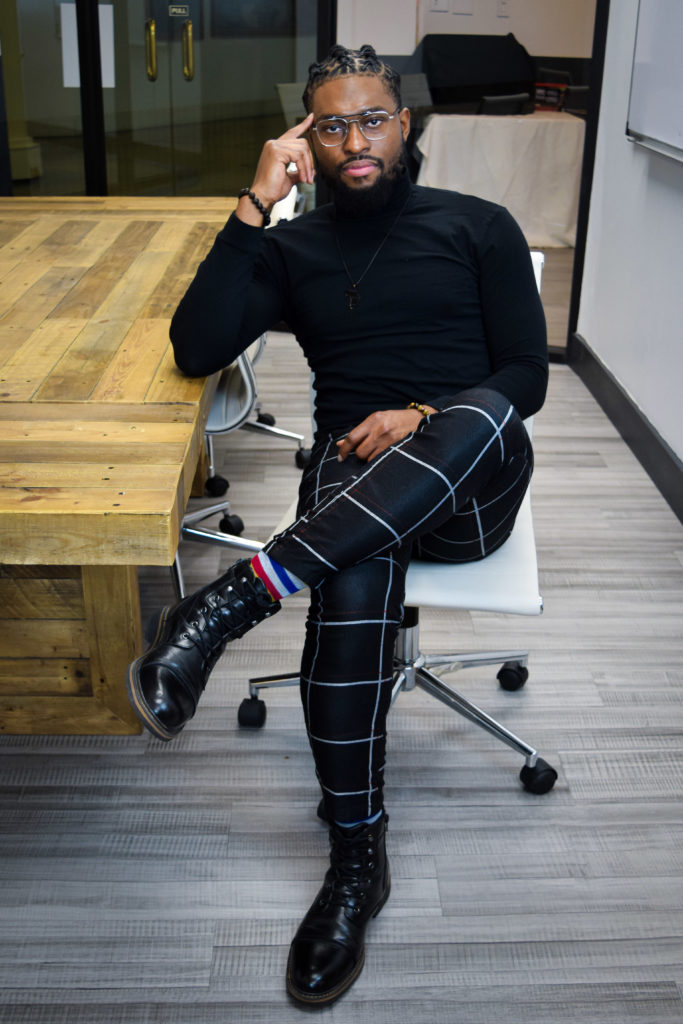
Have you experience this type of discrimination outside of America?
“In Nigera, we do have experiences of discrimination based on class – it’s either your being rich or poor. There’s really no middle class. And that is a huge problem because poor people are mistreated and it’s always made me feel really bad and want to treat everyone with respect.
This is something in Nigeria that is paramount because of the way the system is built on a european-colonial mindset. African Slavery built systems of hierarchy that birthed classism. A group of subset people, the minorities – were placed in power by colonials and the people who were the majority – or were seen as the minority – actively fought back to stop discriminitory treatment. It happened all over the African continent – every country was affected by this.”
The classism – like you reflected on in Africa, do you see any similarities in American society?
“Yes I do – except in America, it has been transformed into a racist montra. So they keep black and brown people in a lower class and restrict what they can buy or where one can live. That’s the same kind of class system – except it’s based purely on the color of your skin.”
Do you have any racist instances that you have experienced in a Boardroom or a meeting?
“Yes – Christian and I were hosting a Job Fair, and were tasked by an individual within Workforce Development Eastpoint of San Antonio.They reached out to our company – we had a whole plan of action, we presented an estimated market evaluation of people who needed jobs. A lady in the boardroom meeting says ‘This work is amazing! But the people on the Eastside don’t actually want to work.’ and we were appalled. We asked why she would think that. She replied with, ‘Well, they don’t want to find jobs, and their behavior says they won’t.’ Because she was high-ranking, we had to prove her wrong.
1,500 people were in a line right out the door for a job at the fair we hosted. She also told us to call others to speak for us, in order for our aspirations to ‘happen properly.’ A gentleman from the United Way had to jump in and use his privilege to explain that we could speak for ourselves and negotiate for ourselves as Black folk. Despite the fact that we are entreprenuers.”
What do you want Immigrants to take from your shared experience?
“Immigrants are acquainted with the same tutorial when coming to the United States – Be respectful of the Police. Do not talk back to people. Always hold onto your Immigration Documents.
The problem with these statements is that it pigeonholes an immigrant into not speaking-up for themselves or being effective. It was a form of code-switching. I fell victim to this. Where I had to switch up my accent and make sure that people were comfortable with me. Immigrants are told to ‘Assimilate. Don’t be different, assimilate.’ That assimilation is where one goes wrong.
When it comes to code-switching, here’s an analogy. Assimilation is like a mashed potato putting everything into one ingredient. But we should look at every culture like a salad bowl. You have your tomato, your lettuce, your croutons, your almonds, your different kinds of dressings – so many different ingredients. And some things people don’t like. Okay, you don’t like tomatoes or dressing. Cool. But at the end of the day, when the whole salad is put together, there is a whole being. A whole community. Never see it as a monolith – or a mashed potato. I think that’s how people should view a community.”
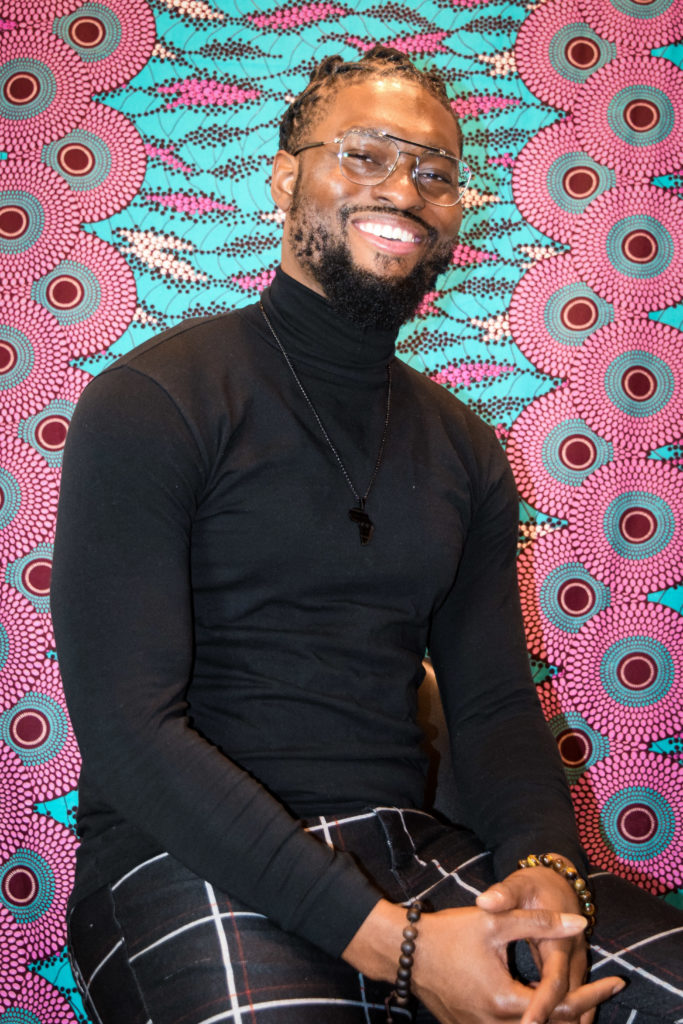
Do you feel like America could be more considerate or inclusive of Immigrants?
“America as a whole has been considerate of immigrants – there are nations that wouldn’t let immigrants in at all. I think people need to learn to be more considerate and inclusive of other people. Because the government may be, but if the people are not accepting of the immigrant coming in legally or the ‘right way’ the community needs to be accepting because those who migrate here may have nowhere else to go.
My culture has shaped who I am today – it’s shaped the way I react, the way I speak and the way I communicate. I am terribly grateful for the upbringing I received. I do not think I would be who I am today without the guidance of my family. In Nigeria we have a saying – ‘it takes a village to raise a child.’ And we live by that – whole-heartedly. It’s a cultural practice.”
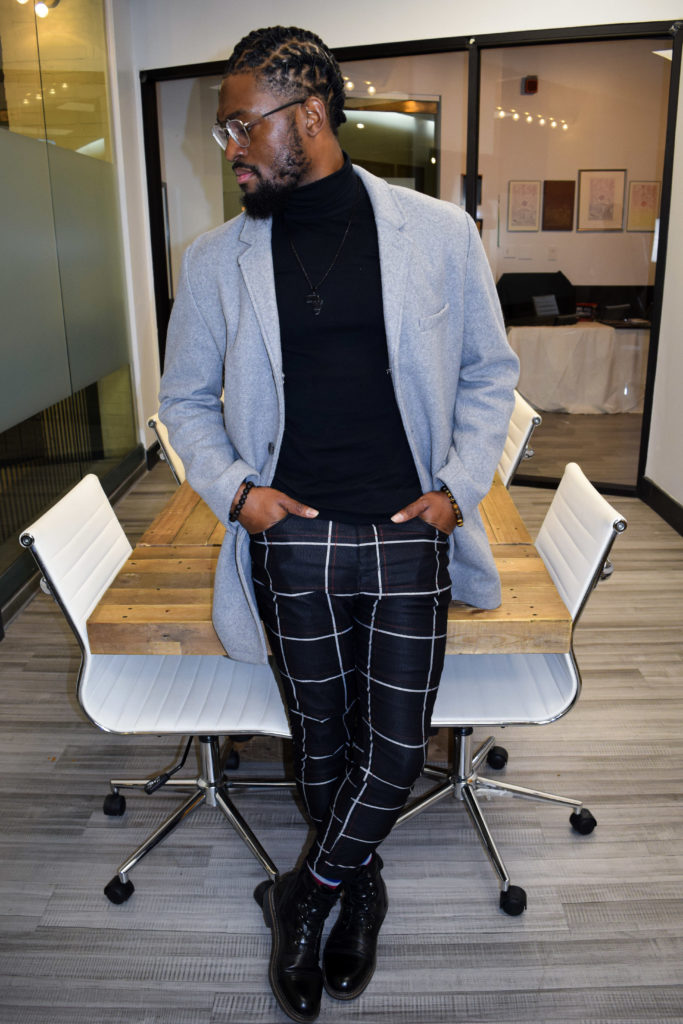
All Photos Courtesy: Ojodesofia Photography
Is there anything that you want to see about the dialogue concerning Immigrants in the community?
San Antonio needs to stop ostracizing immigrants, there are a variety of Black individuals there are a variety of People of Color, and so on. And when people – the San Antonio community and Americans – take the time to understand that, they will better understand that it’s not okay to go into communities with malicious intent – coming out of the notion of a bias is important. Asking the questions that matter – about the individual. That is the dialogue and action that I want to see.”
